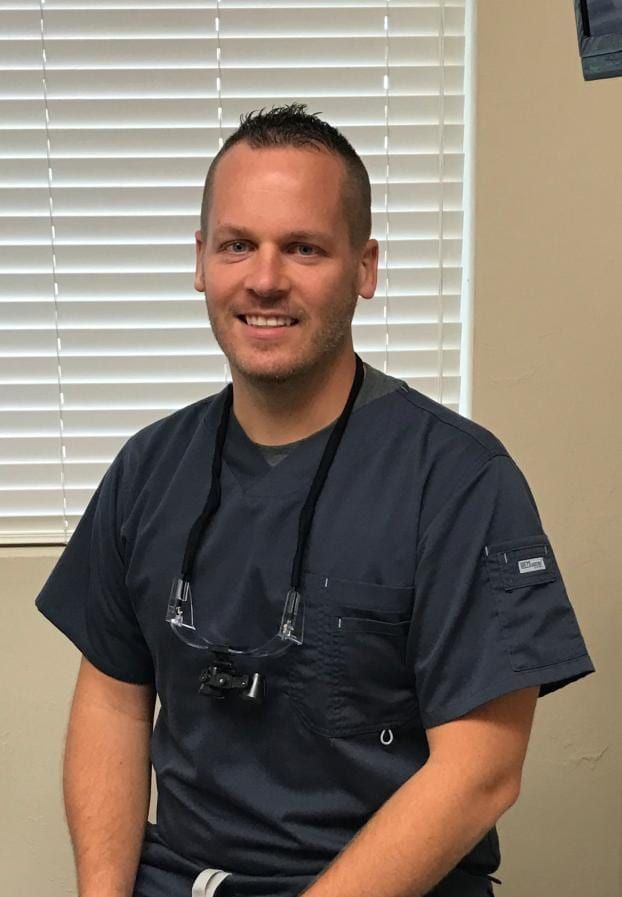Coffee lovers have always been warned about the effect it can have on their oral health. Coffee’s acidic nature has to lead many to worry about their teeth’ health, as consistent drinking has been known to wear down at the enamel and cause discoloration. Adding heavy creamers and sugar to your daily cup of Joe also doesn’t help your teeth either, as the sugars just add fuel to the bacteria in your mouth to create plaque and cause cavities. However, coffee as a standalone drink has some potential benefits that make drinking coffee worthwhile.
The Positive Effects of Drinking Coffee
Roasted, ground up coffee has that bitter undernotes that gives your body the signals to wake up and feel refreshed for the day. But roasting your coffee also gives your teeth a ratifying boost to your oral health when prepared correctly. According to a study from the Journal of Conservative Dentistry, roasting your coffee has antibacterial agents that protect against a certain range of bacteria, particularly the Streptococcus mutans bacteria strain, which means that when your drinking coffee, you are reducing the number of S. Mutans present within your mouth. Coffee also can reduce how much bacteria adheres to your teeth, making it an excellent ally against tooth decay.
Within this study, researchers looked into the different degrees of protection that coffee offers and had observed these effects:
- Ground Coffee: Ground coffee showed the least effective defense against preventing cavities due to its limited ability to control the adhesion bacteria uses to cling onto the enamel.
- Instant Coffee: Compared to ground coffee, instant coffee is more effective at preventing bacterial adhesion and has the best antibacterial properties to protect your teeth.
- Caffeinated vs. Decaffeinated: Researchers observed that both caffeinated and decaffeinated versions don’t have any noticeable effect on the coffee’s ability to prevent tooth decay.
What makes coffee so potent? Trigonelline is the answer. Trigonelline is the active substance in coffee that contains these antibacterial properties and is also responsible for the flavor and aroma of coffee. The more aromatic and better-tasting your coffee is, the more beneficial it is for your teeth. Coffee also contains B vitamins, manganese, and potassium, making it an excellent drink.
What To Avoid While Drinking Coffee
Despite all its great benefits, these benefits can be diluted by added sugars and creamers, which increase the risk of bacteria developing. It also still contains high amounts of tannins that cause the teeth to discolor and war down at the enamel. To best get the most out of your morning cup, drinking coffee without sugar or creamer can work. It’s also essential to rinse your mouth with water to prevent the acidity from sticking to your teeth. This tasty beverage comes with both sides of the coin, so make sure to brush your teeth to avoid discoloration, enamel breakdown, and potential decay.


